37 killed in attack on Canadian firm convoy in Burkina Faso
At least 37 people have been killed and dozens of others wounded in an attack on a convoy of a Canadian mining company in Burkina Faso, regional authorities say.
The attack took place on Wednesday when “unidentified armed individuals” ambushed five buses carrying the employees of Canadian gold miner SEMAFO in eastern Burkina Faso.
Saidou Sanou, the governor of the country’s eastern region of Est, said the convoy had been ambushed despite having an escort of local security forces and that the attack had left 37 civilians dead and 60 others injured.
Providing further details, a security source in the region told AFP that a military vehicle escorting the convoy on the road to Boungou mine in Est Region “hit an explosive device,” and “two buses carrying workers were then fired upon” by gunmen.
Burkina Faso’s government said the gunmen had conducted a “complex attack,” adding that security forces had launched a relief operation and were searching the area for the assailants.
SEMAFO said in a statement that there was no danger to the mine and its operations had not been affected.
“Bongou mine site remains secured and our operations are not affected. We are actively working with all levels of authorities to ensure the ongoing safety and security of our employees, contractors, and suppliers,” the statement said.
Meanwhile, the Canadian government denounced the attack in the West African country.
“Canada condemns today’s attack against a convoy of workers of the Canadian mining company SEMAFO, which also targeted security forces protecting them,” Angela Savard, spokesperson for Canada’s Department of Foreign Affairs, Trade and Development, said in an interview with CBC News.
It was unclear if there were any Canadian nationals among the casualties, with Savard saying that there were “no reports” that Canadians were hurt in the ambush.
It was the third deadly attack on Canadian firm SEMAFO, which operates two mines in Burkina Faso.
Two separate attacks on convoys transporting Boungou mine employees in August and December last year claimed 11 lives, with the company blaming “armed bandits” for the assaults and subsequently reinforcing security.
Over the past five years, Burkina Faso’s northern and eastern provinces have been struggling with Takfiri terrorism originating in neighboring Mali.
The attacks, perpetrated by the al-Qaeda and Daesh terrorist groups, have killed nearly 700 people and displaced almost 500,000 others since early 2015, according to an AFP toll.
Takfiri terrorist groups have strengthened their foothold across the arid Sahel region, making large swathes of territory ungovernable and stoking local ethnic violence, especially in Mali and Burkina Faso.
The United Nations (UN) declared in July that the spread of terrorist attacks was so fast in West Africa that the region had to consider bolstering its response beyond current military efforts.
In 2017, Burkina Faso, Niger, Chad, Mali, and Mauritania launched the G5 Sahel task force to counter militancy in the region.
Meanwhile, the International Committee of the Red Cross (ICRC) has warned that the military approach alone would not be effective and called for greater efforts to relieve the roots of the conflict in the region, namely poverty, poor governance, and climate hazards.
American warplane downed after Yemeni attacks 'baffled' US air defense: Ansarullah
VIDEO | Yemenis praise the military for its successful operations against Israel
VIDEO | Israel continues to bomb Gaza homes
VIDEO | An insider's view of the country: Meybod City in Yazd
‘All wars have rules. All of those rules have been broken’ by Israel
VIDEO | Report flags India’s violation of rights of Rohingya detainees
Turkey's foreign minister meets Syria's de facto leader in Damascus
VIDEO | US Syria plots


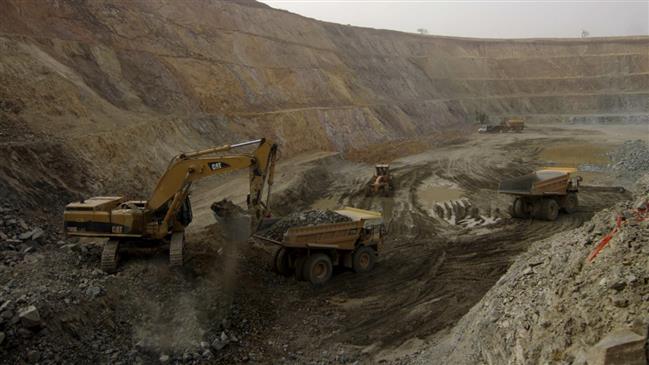




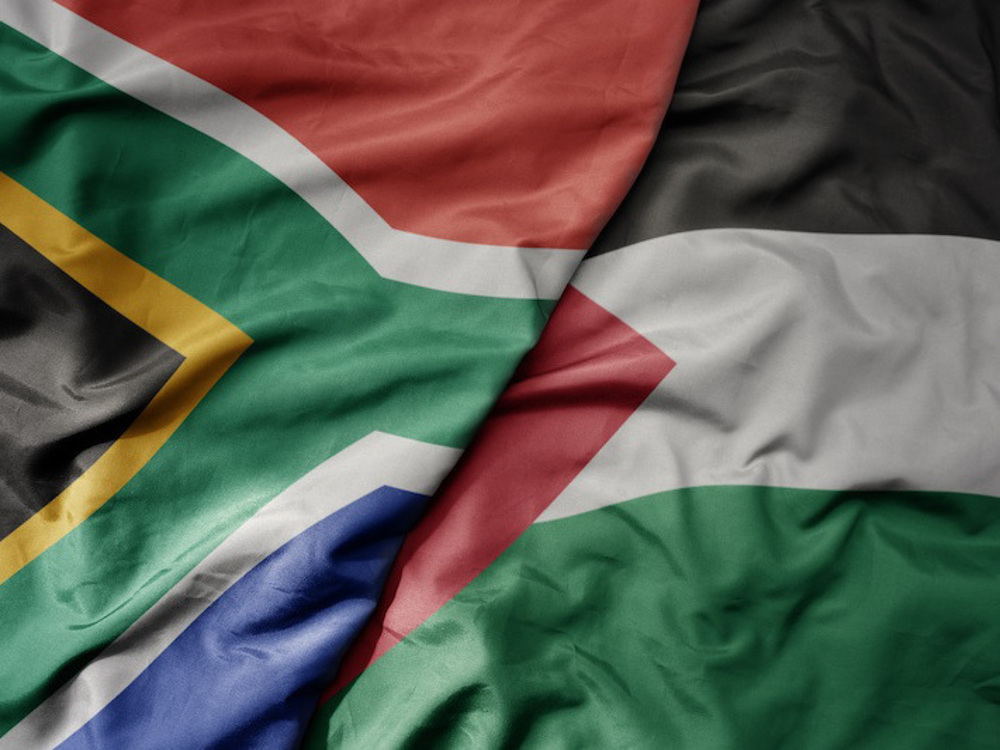



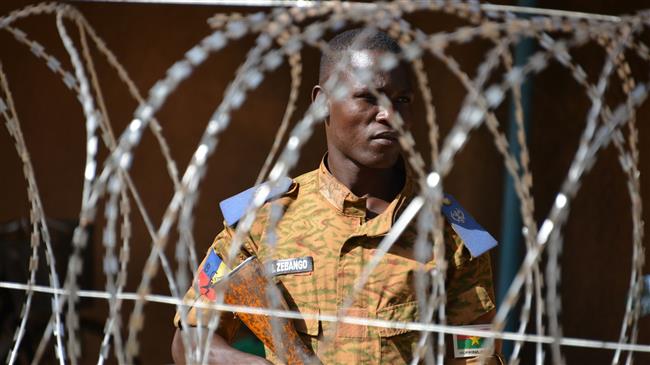
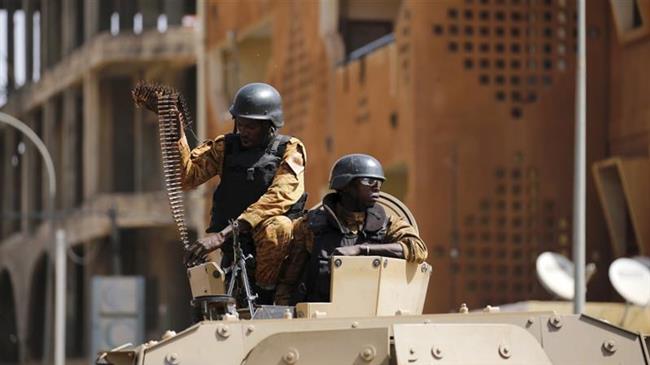

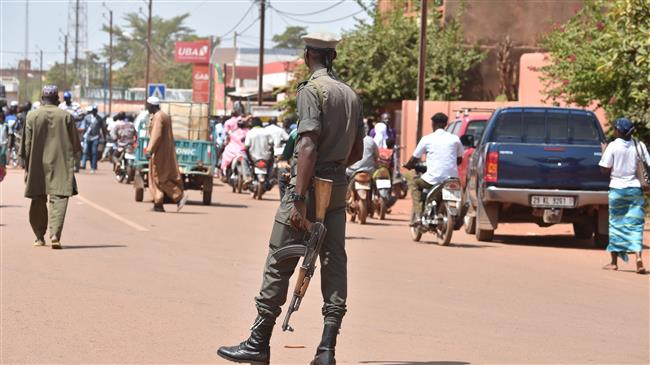
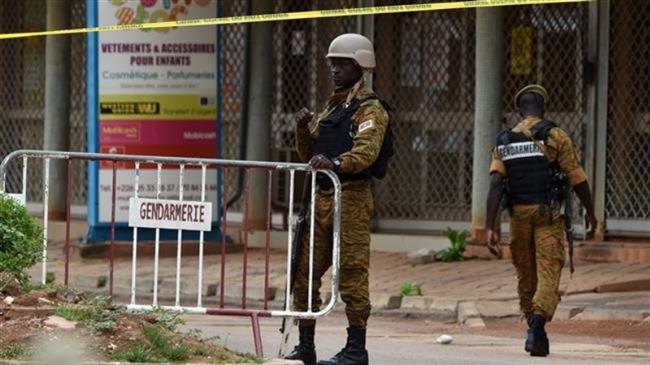




 This makes it easy to access the Press TV website
This makes it easy to access the Press TV website